This book deals comprehensively with the evolution of Indian nuclear weapons strategy, policy and posture. The first half of the book constitutes a substantial revisionist history. In the main, tracing the country’s strategic ethos and culture to the Hindu machtpolitik of Vedic India, dispassionately deconstructing Mahatma Gandhi’s doctrine of non-violence, which was more a political tool to discomfit the British Raj than a blueprint for independent India’s defence, and disclosing Jawaharlal Nehru’s basic realpolitik orientation. Archival evidence is marshaled to show that Nehru championed disarmament while pursuing nuclear weapons capability, expressed abhorrence for military alliances but ensured India’s protection by the Western security alliance – the Pentagon’s plans and the British government’s measures for the ‘defence of India’ are here revealed for the first time, and projected India as Third World leader in the Non-Aligned Movement with the help of the United States and the United Kingdom. In the second half of the study, the politics of India’s programme of ‘nuclear weaponisation by autopilot’ is analysed in telling detail, as is the gradually changing strategic calculus and thinking about nuclear weapons and deterrence within the Indian government, the nuclear and defence establishments, the military, the bureaucracy, and the strategic community at large. The domestic and international pulls and pressures over the last five decades to weaponise or to desist from doing so are dissected, and actions contemplated to neutralize nuclear threats, like preemptive air strikes on Pakistani nuclear facilities, exposed. In a prescriptive vein, various nuclear postures and force planning options are examined at length in the context of the emerging international and regional scenarios and the nonproliferation order, and on the basis of a thorough analysis, the option of maximizing political and strategic military benefits with a megaton thermonuclear deterrent with an intercontinental ballistic missile reach, is recommended. Based on research into primary source material – recently declassified documents in the US and British government archives and extensive interviews with decision-makers in the Indian nuclear policy loop – this is an authoritative study about India’s ‘hesitant’ rise as a nuclear power by a recognized expert in the field who was also member of the committee that drafted the nuclear doctrine.
Why India is Not A Great Power (Yet)
$45.90
$51.00


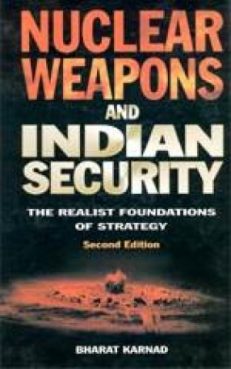
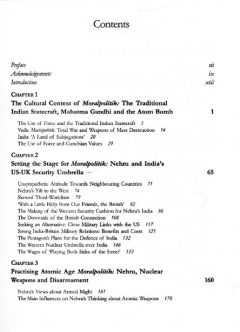
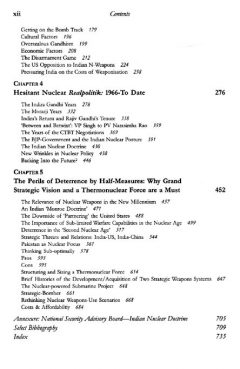
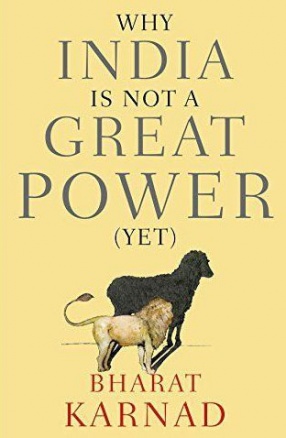
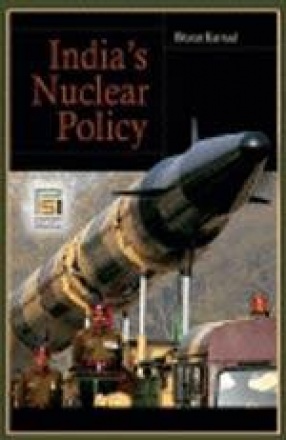
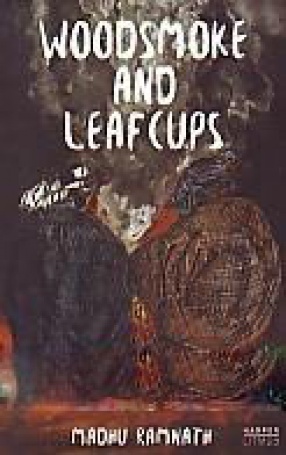
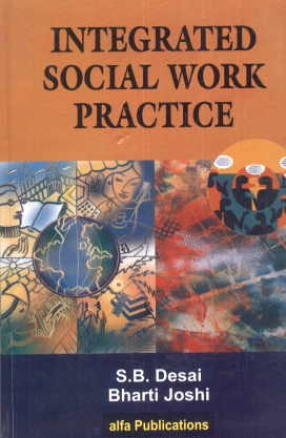
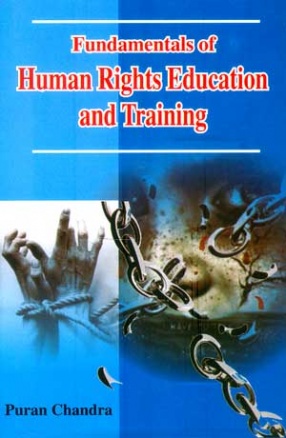
There are no reviews yet.